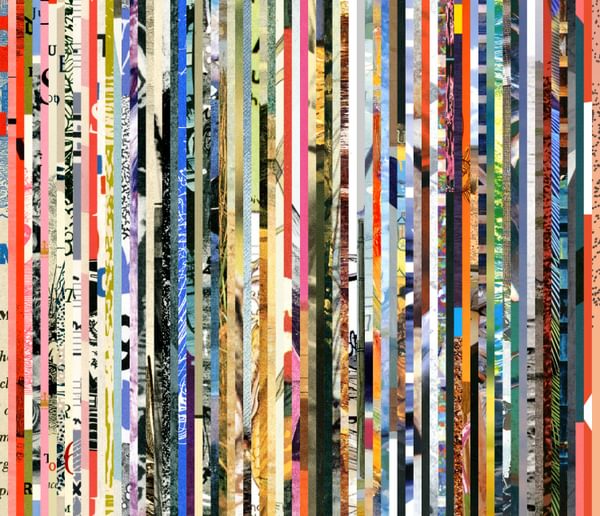
BBC Singers and Castalian String Quartet
Judith Weir’s beautiful oratorio charts the changing seasons of the year, and is perfectly complemented by Haydn’s “Sunrise” Quartet and Messiaen’s Cinq Rechants – a unique masterpiece of 20th-century music.
- Haydn:
- String Quartet No.63 in B flat, Op.76 No.4, “Sunrise” (23’)
- Messiaen:
- Cinq rechants (20’)
- Judith Weir:
- blue hills beyond blue hills (35’)
BBC Singers
Castalian String Quartet
Sini Simonen violin
Daniel Roberts violin
Natalie Loughran viola
Steffan Morris cello
Sofi Jeannin conductor
Image gallery
A gallery slider
BBC Singers
Credit : © Mark Allan
Castalian Quartet
Credit : © Mark Mitchell
Sofi Jeannin
Credit : © BBC Radio 4Main image: Castalian String Quartet © Mark Mitchell
This programme flows from Judith Weir’s longstanding relationship with the outstanding vocal ensemble the BBC Singers. She describes her “blue hills beyond blue hills” as “setting to music around 55 brief poems by the Scottish poet Alan Spence, mostly haiku, with occasional tanka (another, slightly longer, Japanese form). I have also included a couple of quotations from the historical Japanese poets Issa and Basho”. The poems “follow the progress of a year, and portray the passing of time through small changes in nature and everyday life. I have selected poems from these collections to create a five-movement cycle which approximately follows the seasons, starting with spring, through summer, autumn, winter and ending with a hymn to the New Year”. It is a work of supreme beauty and grace.
It is performed alongside Judith’s own choice of Haydn’s “Sunrise” Quartet, played by the exceptional Castalian Quartet, described as “terrific: violinists who seem capable of anything, layering a gleaming finish (often the key to a really luminous quartet sound) on a viola player with a tone like crushed velvet, and a cellist who sounds like old gold” (The Spectator). Its magical opening evokes the dawn of a new day.
The concert is completed by another major Messiaen work, the Cinq Rechants, “perhaps the most personal and unbuttoned of all his works, setting texts of his own with an invented Sanskrit-like language, and depicting the sexual act itself in its central movement. It’s simultaneously earthy and refined, and not like anything else in the 20th-century choral repertory” (The Guardian).
This performance is being recorded by BBC Radio 3 for broadcast at 7.30pm on Tuesday 25 June in Radio 3 in Concert, and will be available afterwards on BBC Sounds.


Explore the Festival
The 75th Aldeburgh Festival of Music and the Arts
07 – 23 June 2024